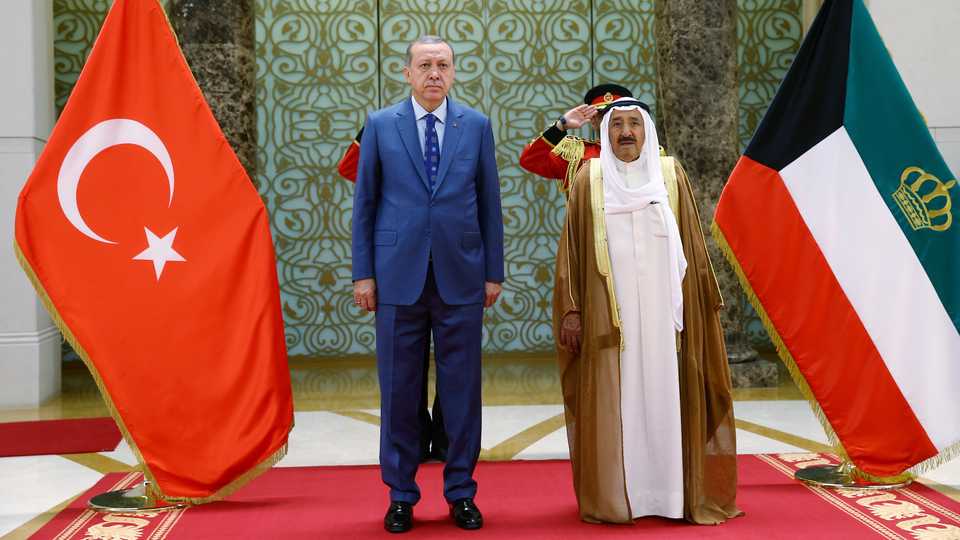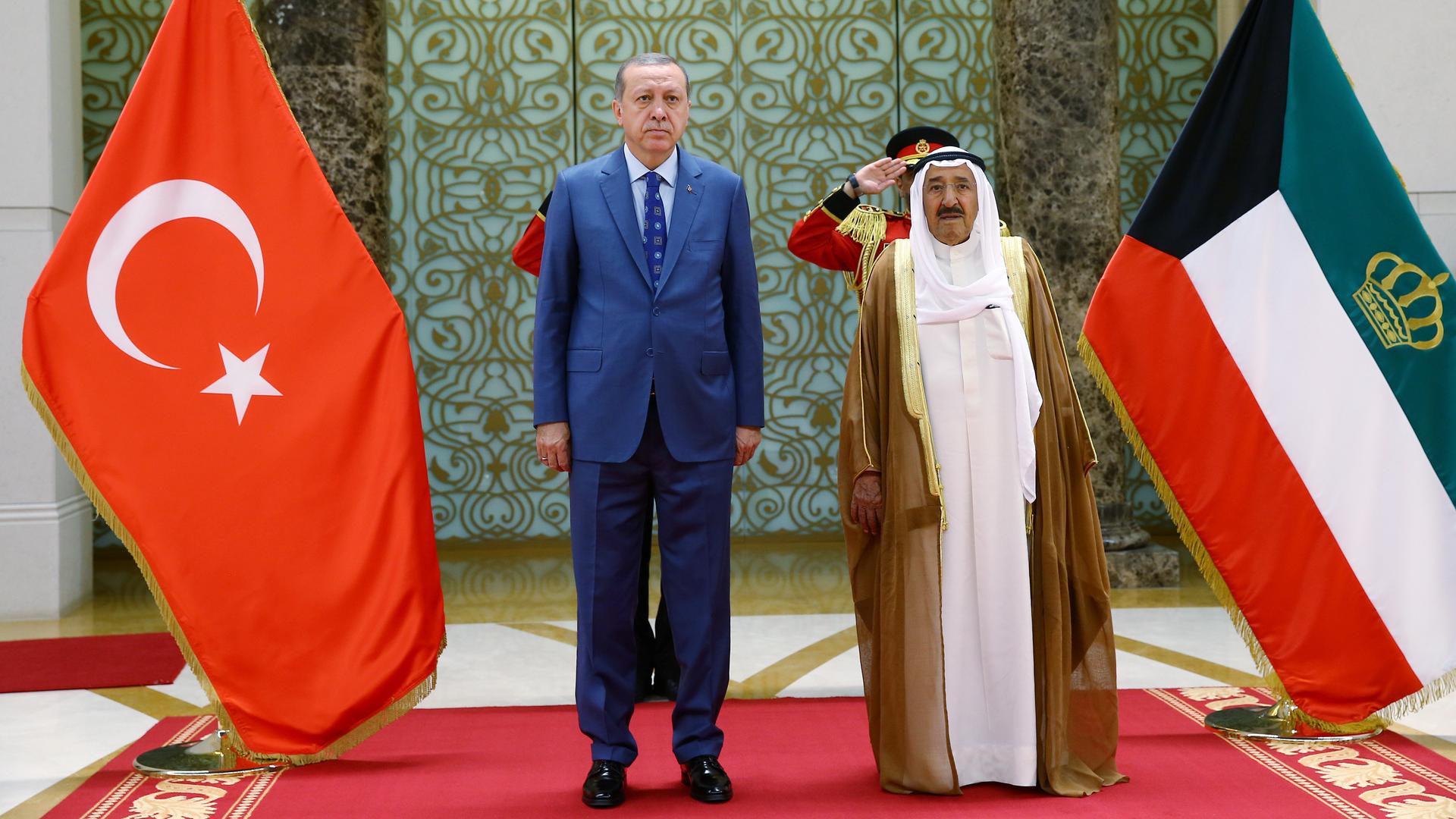
Saudi Arabia’s regional policies might be pushing neighbouring countries to find new alliances.
“Kuwaitis need a regional force like Turkey to deal with Saudi ill intentions,” a Lebanese researcher explained.
“They (Kuwait) are truly afraid of a Saudi invasion because of a hegemony crisis in the oil fields, Kuwait’s ties with Qatar and the blank check Trump has issued to MBS [Mohammed bin Salman],” Ali Mourad told Al Monitor.
Most Gulf nations rely on the United States for security, but this could be changing.
Kuwait has signed a defence plan for 2019 with Turkey, aiming at an exchange of military ‘experience and know-how’ between the two countries.
It’s pertinent to mention that Saddam Hussein’s Iraq invaded Kuwait in 1990 leading to the first Gulf War and Kuwait has been wary ever since.
The latest dispute between Saudi Arabia and Kuwait—which has brought the Saudi-Kuwait relationship into question—centres around the ‘Neutral Zone’, or Divided Zone. This nearly 6000 square km area between the two countries was left undefined when the border was defined during the Uqair Convention in 1922.
Within that area exist jointly operated oil fields, mainly Khafji and Wafra, which stand as the biggest obstacles between the two countries at a time when the world’s oil capacity faces a decrease, as Iranian oil production dropped due to US sanctions, and Venezuela’s continuously declining output.
The US wants the Organization of Petroleum Exporting Countries (OPEC) to increase production for lower oil prices and Saudi Arabia is likely to acquiesce to US demands.
However, the dispute between Saudi Arabia and Kuwait prevents oil production in the Neutral Zone’s oil fields which could add up to 400,000-500,000 barrels per day of oil output capacity.
Relations between Kuwait and Turkey, as a result, have gained momentum in recent years with the leaders of both countries paying official visits to each other last year.
The Qatar crisis, or Saudi-led blockade of Qatar, is another issue between Kuwait and Saudi Arabia.
The crisis, in which Saudi Arabia, the United Arab Emirates, Egypt and Bahrain have boycotted Qatar, arose in the summer of 2016 when the four countries cut diplomatic, transport and trade ties with Doha, accusing it of financing terrorism.
Riyadh also accuses Qatar of cosying up to the kingdom’s arch-rival Iran. Qatar rejects the charges and claim they are penalised for straying from its neighbours’ backing for authoritarian rulers.
Kuwait’s Emir Sheikh Sabah al Ahmad al Sabah has sought to maintain neutrality while he has tried to mediate an end to the rift.
Turkey, which operates a military base in Qatar, has supported the Gulf ally against the blockage in terms of military cooperation and supplying basic necessities, including food and medicine.
The Oil fields of the Neutral Zone and Qatar crisis are the centre of recent tensions between Kuwait and Saudi Arabia, but the root of the problem goes back to a border dispute beginning in the 20th century when two-thirds of Kuwaiti territory was given to the Saudis by the British after the dissolution of the Ottoman Empire.
Local press in Kuwait is reporting that Turkey might establish a military base in the country, drawing concerns from the Saudi side.
“The accord (military agreement) doesn’t rule out a deployment of Turkish troops in Kuwait and purchase of Turkish weapons, including armoured vehicles, along the lines of the Qatar-Turkey accord that defends Doha against Gulf countries,” a Kuwaiti newspaper wrote.
There is no official announcement on a planned Turkish military base in Kuwait from either side.









Discussion about this post